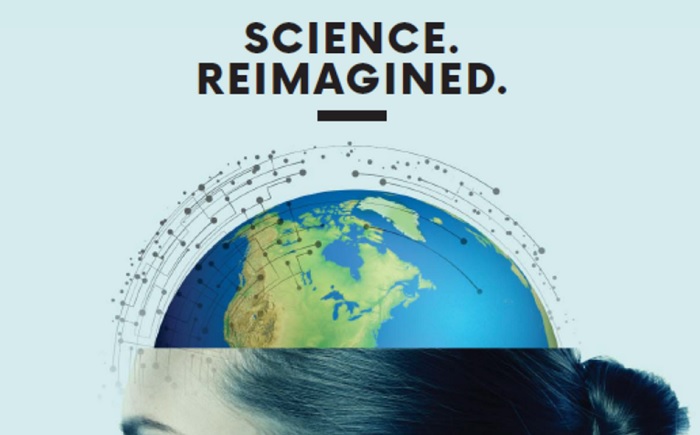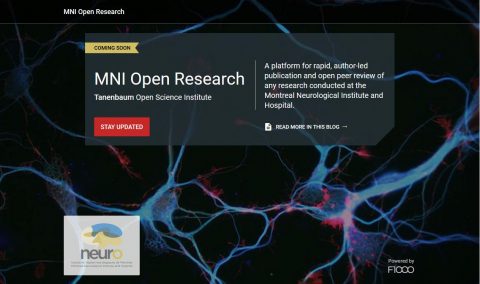You just can’t do it alone
| 30 August, 2017 | Guy Rouleau |
|

|
Guy Rouleau, Director of the Montreal Neurological Institute and Hospital (The Neuro), talks about the institute’s launch of a new open research publishing platform

Image credit: Montreal Neurological Institute and Hospital
The ultimate goal of biomedical research is the discovery of better treatments for patients, yet in the field of neurology at least, the road to achieving this goal has been long and the desired result is still over the horizon in many cases.
Part of the reason for this is undoubtedly the fact that research institutes and researchers themselves have not shared their findings and reagents in an open manner. This makes getting their data and reagents time-consuming, expensive and sometimes impossible. It also means negative results do not see the light of day. Not publishing negative results means that scientists in other institutions might go down the same dead end, wasting precious time and funding on experiments that have already proven fruitless.
Speeding up discovery
To speed the process of discovery, The Neuro has partnered with F1000 to create MNI Open Research, a platform where our researchers can rapidly publish any research outputs they wish to share. Research results will be published within days of submission and invited peer review will take place on an open basis, ensuring transparency. All meaningful data, including negative results, will be made public so other scientists can avoid the same pitfalls.
MNI Open Research is one pillar of a multi-pronged approach to open science, a movement that has become an institutional priority at The Neuro. In December 2016, we launched the Tanenbaum Open Science Institute (TOSI), a bold initiative that will facilitate the sharing of neuroscience findings worldwide to accelerate the discovery of leading edge therapeutics to treat patients suffering from neurological diseases.
Diseases of the brain and the nervous system are amongst the most compelling unmet medical needs of our time. As the world’s population continues to age, effective treatments for diseases such as Parkinson’s, Alzheimer’s, dementia and stroke will be more critical than ever before. The complexity of the human brain makes understanding these diseases a very challenging task, and the best way to speed up progress is with collaboration. New initiatives like MNI Open Research are essential to meet the need for better treatments before it is too late.
You can learn more about TOSI and The Neuro’s open science policy here.
Part of a long history
Since its founding in 1934 by renowned neurosurgeon Dr. Wilder Penfield, The Neuro has grown to be the largest specialized neuroscience research and clinical centre in Canada, and one of the largest in the world. The Neuro has a history of being one of the first institutions to embrace new technologies and techniques as they are developed. The creation of an open research publishing platform is just another example of forward thinking to improve patient care.

|




User comments must be in English, comprehensible and relevant to the post under discussion. We reserve the right to remove any comments that we consider to be inappropriate, offensive or otherwise in breach of the User Comment Terms and Conditions. Commenters must not use a comment for personal attacks.
Click here to post comment and indicate that you accept the Commenting Terms and Conditions.